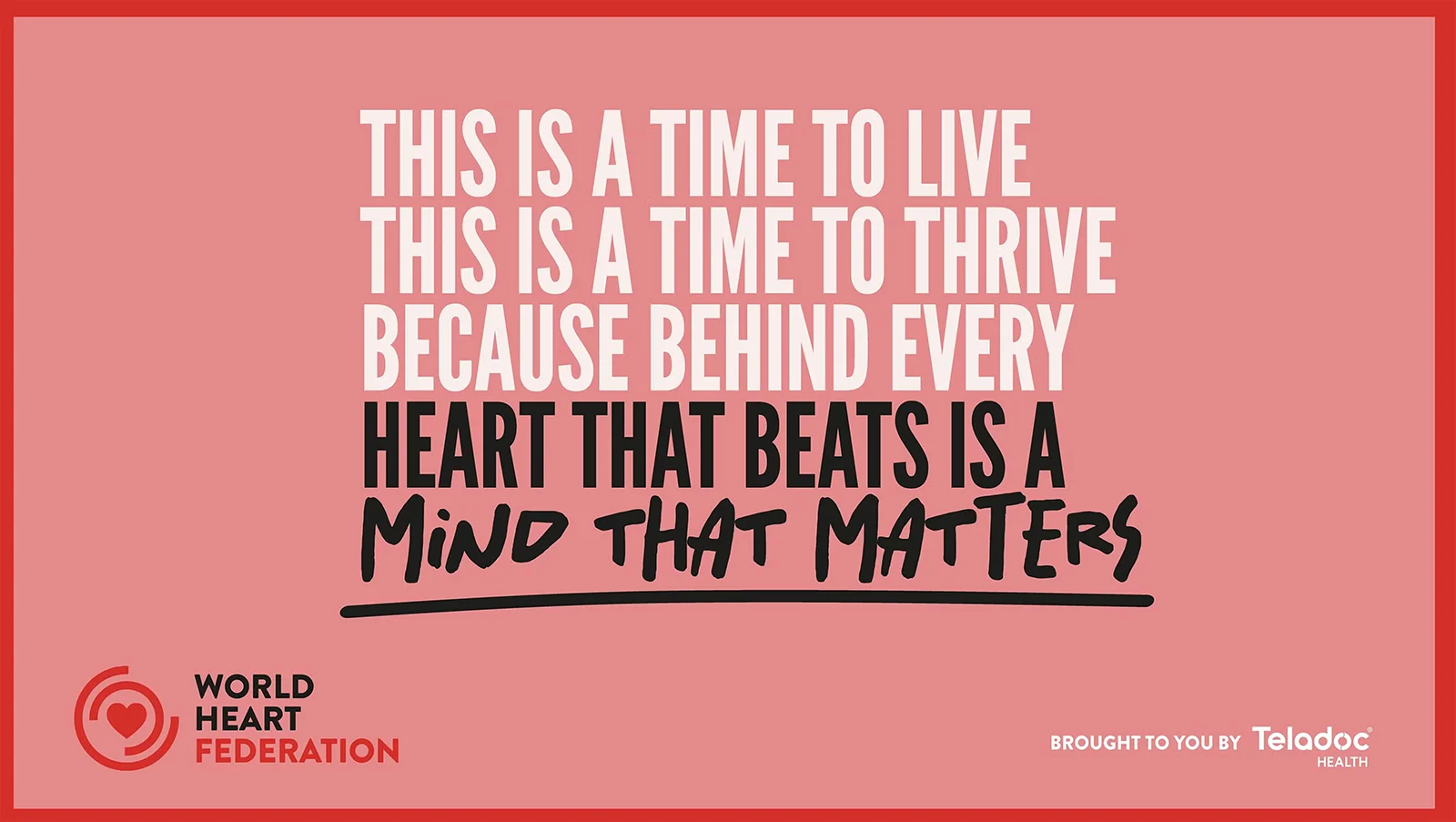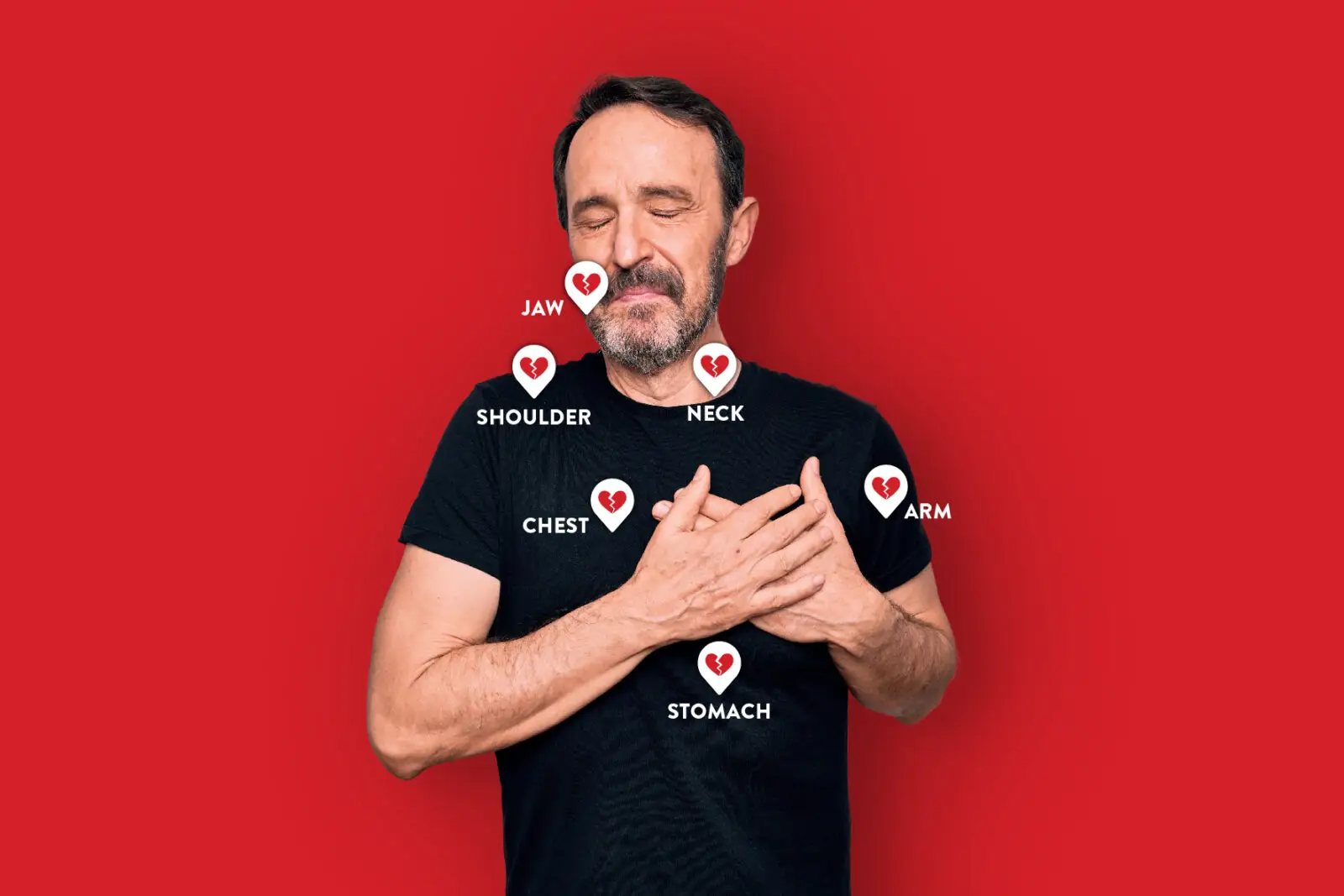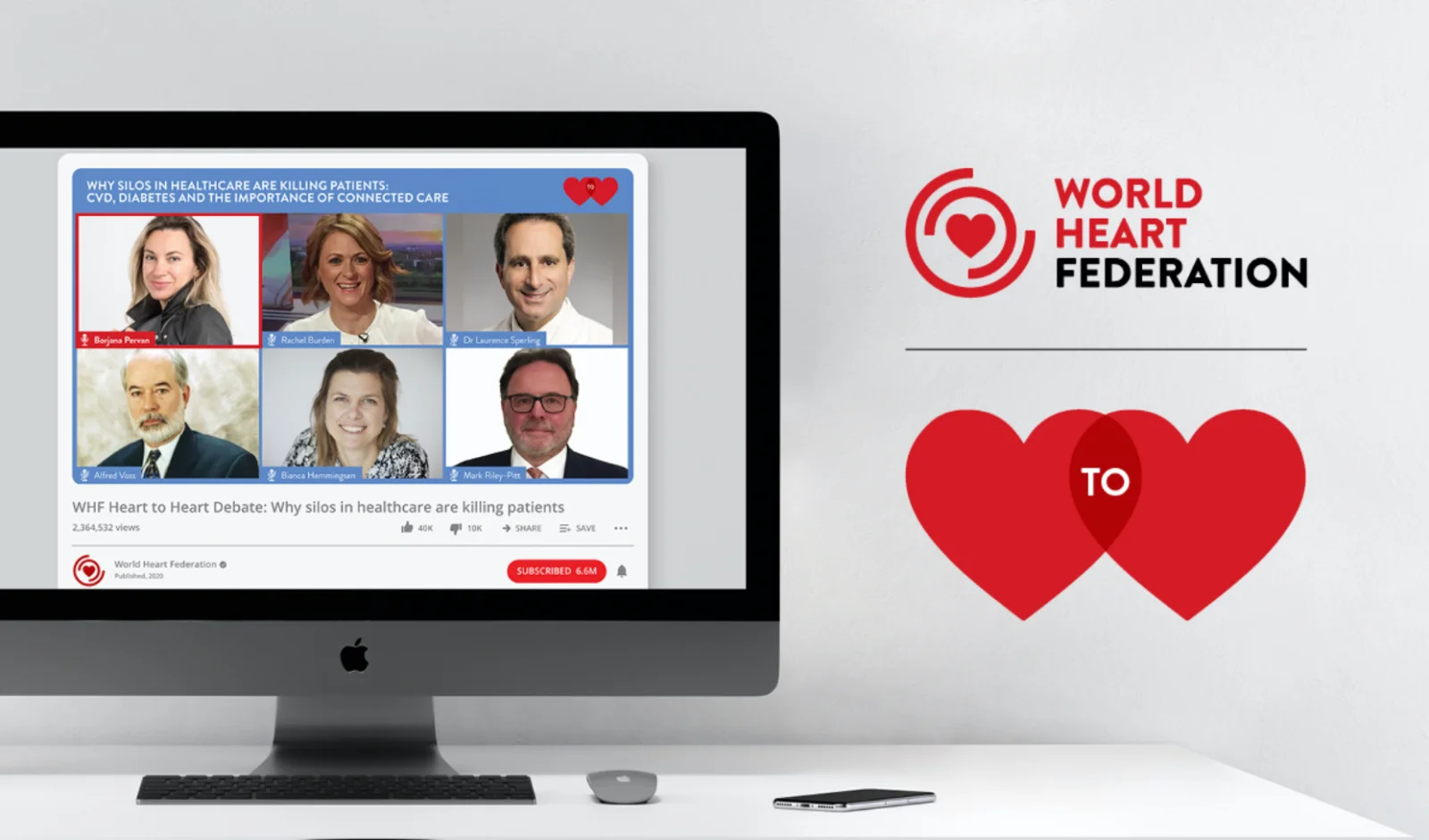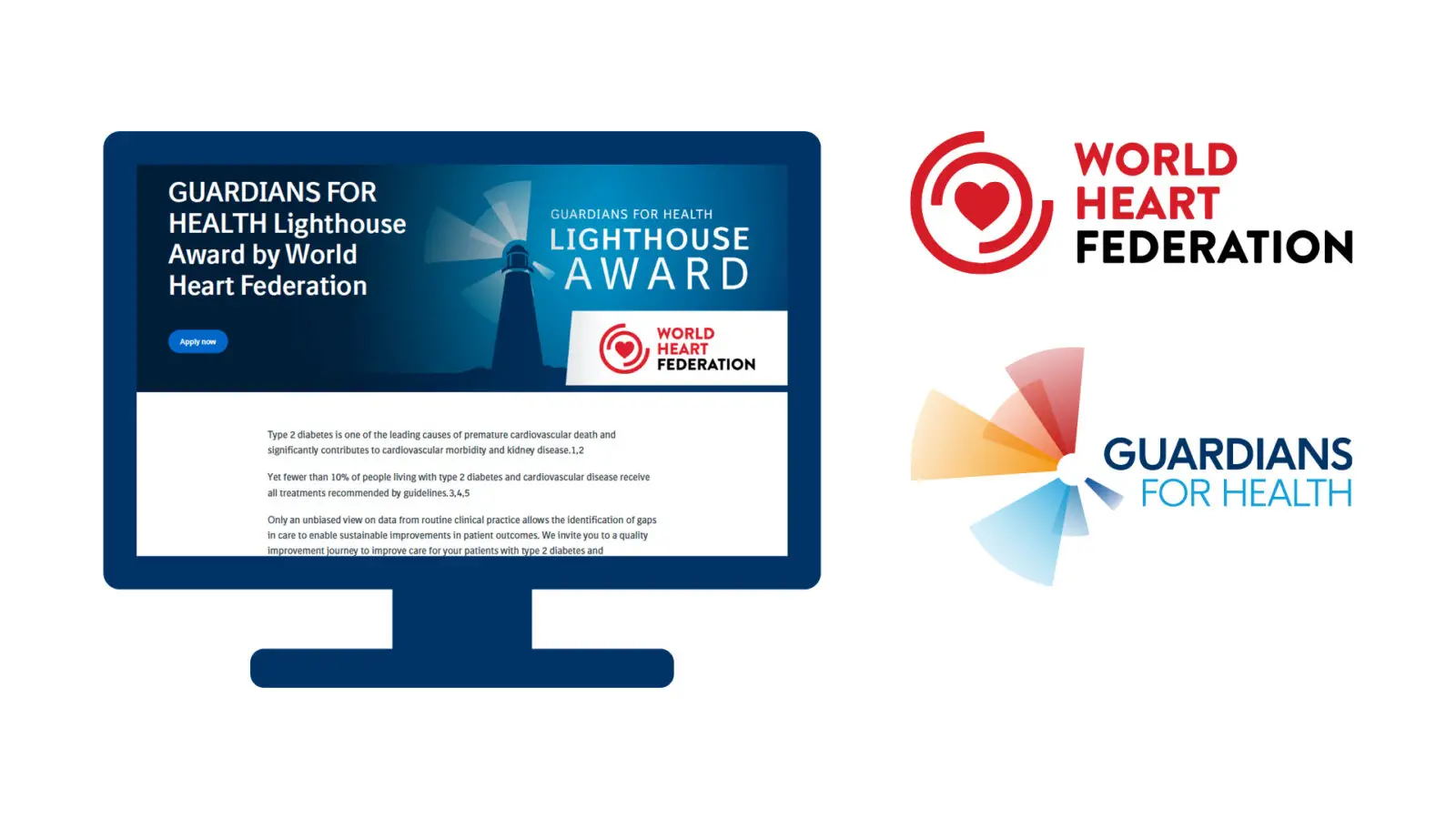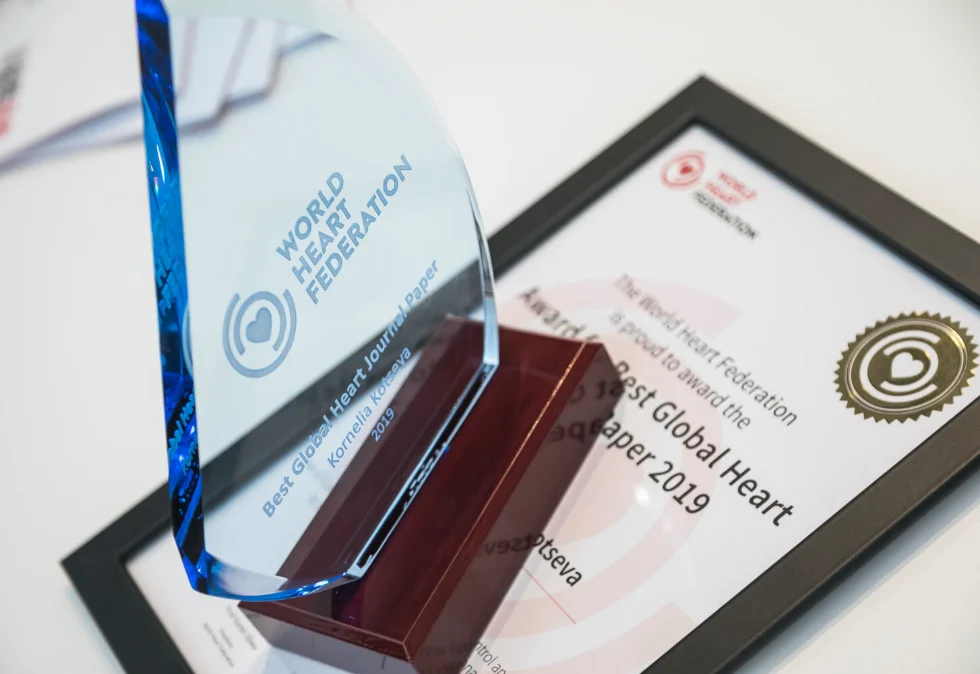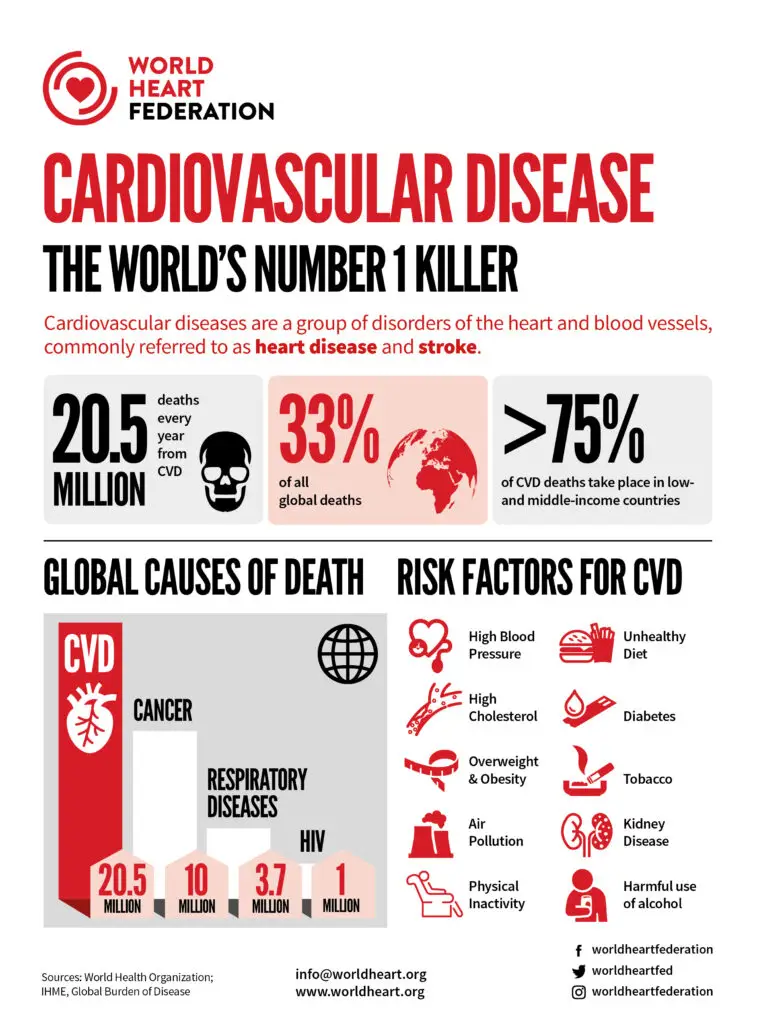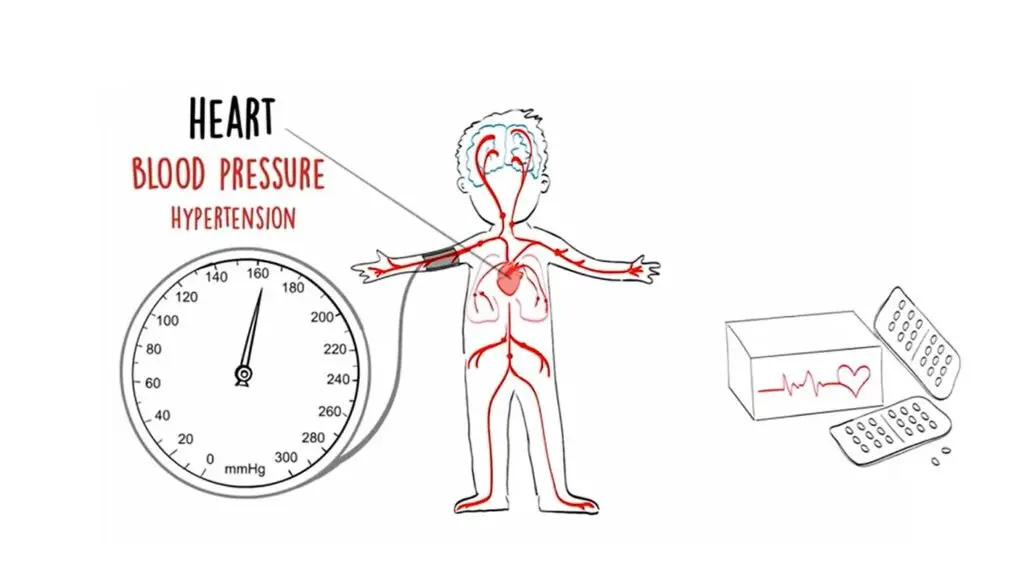At the forefront of everything we do are people – people living with cardiovascular disease, people treating cardiovascular disease, people working to prevent cardiovascular disease… We are here to tell their stories in an effort to help others live longer, happier, healthier lives.
World Heart Day
The world's biggest awareness-raising platform for CVD About World Heart DayStorytelling
The beat of change: rheumatic heart disease in Mozambique
Reforming rural healthcare: hypertension in Kenya
From small steps to systemic shifts
Voices of Chagas: A disease that knows no borders
HEART HEROES
Cardiologists, healthcare professionals, policymakers, patients and their family members and friends are the heroes among us – battling, treating and beating heart disease.
Throughout the year, WHF celebrates Heart Heroes by writing the unique stories of people and teams dedicated and committed to improving cardiac health and reducing cardiovascular disease.
Happy Hearts, Happy Minds
The link between mental health and cardiovascular disease is undeniable, yet often overlooked. Conditions like depression, anxiety, and stress not only influence how we feel but also affect how our hearts function. Poor mental health can lead to lifestyle habits that increase the risk of heart disease, and in turn, living with a heart condition can worsen mental health due to the stress of managing a chronic illness.
Learn moreUSE ❤️ TO BREATHE
Pulmonary hypertension is a type of high blood pressure that affects the arteries in the lungs and the right side of the heart. Pulmonary arterial hypertension (PAH) is one form of pulmonary hypertension, where blood vessels in the lungs are narrowed, blocked or destroyed1. It is a rare, life-threatening disease with a poor prognosis.
Learn moreUse ❤️ to Act Now on Angina
More than 100 million people globally are affected by angina, which manifests in a variety of ways. For this reason, symptoms may be hard to recognize and patients often remain undiagnosed and untreated.
This global campaign aims to increase awareness of angina and its symptoms in order to facilitate early detection and implement optimal angina management.
Learn more
USE ❤️ TO stop flu
Seasonal influenza, commonly called the flu, is an acute respiratory infection caused by influenza viruses which circulate in all parts of the world. Following the onset of infection, people with cardiovascular disease are at higher risk of stroke and heart attacks.
This global campaign aims to increase awareness of the risks caused by the flu for people with cardiovascular disease and its most cost-effective preventive action: influenza vaccination.
Learn moreUse ❤️ to Season with Sense
Unhealthy diets are a leading global public health risk, contributing to a rise in obesity and noncommunicable diseases (NCDs), including cardiovascular disease, diabetes and cancer. In the current food environment, dietary patterns have shifted, and people are consuming more foods high in saturated fats, trans fat, sugar or sodium.
This global campaign aims to make more people aware of the negative effects that consuming too much sodium can have on our health.
Colours to Save Hearts
RHD is the most commonly acquired heart disease in people under 25
Colours to Save Hearts is an initiative aimed at raising awareness of rheumatic heart disease (RHD) among children, teachers and parents, and educate them about the link between sore throat and rheumatic heart disease, how to recognise symptoms and what to do when they first appear.
Learn moreHeart to Heart
Inviting conversation to change our ways and beat CVD
Heart to Heart is a new series of debates which bring together expert voices from different sectors and disciplines around the world. As the leader of the global heart community, we want to open a conversation about changing our ways as societies and individuals to beat cardiovascular disease. And as CVD continues to be the biggest cause of death on the planet, it’s the world’s most urgent conversation to have.
Learn moreGUARDIANS FOR HEALTH Lighthouse Award
Improving cardiovascular and renal outcomes in people with type 2 diabetes
Type 2 diabetes is one of the leading causes of premature cardiovascular mortality and a significant risk factor for cardiovascular and kidney disease. However, less than 10% of people living with type 2 diabetes and cardiovascular disease receive all guideline-recommended treatments.
This award, funded by Boehringer Ingelheim, recognizes healthcare professionals’ efforts to reduce the burden of cardiovascular and kidney disease in type 2 diabetes.
Learn more & ApplyWorld Heart Podcast
Conversations from the Heart, presented by WHF Senior Science Advisor Dr Pablo Perel and Communications Director Borjana Pervan Learn moreWorld Heart Awards
The World Heart Awards are all about celebrating organizations and individuals who have gone above and beyond in their quest to fight cardiovascular disease and promote heart health around the world.
Learn moreWorld Heart Grants
Our World Heart Grants support our Members’ efforts to raise awareness of cardiovascular disease in their communities, reduce its burden and impact, and help people live longer, healthier lives.
Learn moreUpcoming health awareness days
View Events Calendar14 July 2025
World Blood Donor Day
7 September 2025
International Day of Clean Air for blue skies
12 September 2025
Universal Health Coverage Day
Latest News
World Drug Day: A new frontier for heart health advocacy
The World Heart Federation is proud to observe World Drug Day for the first time, joining the international community in raising awareness about the impact of psychoactive drug use on cardiovascular health. Extensive evidence shows that various psychoactive drugs can severely affect the heart, triggering acute events, such as myocardial infarctions and strokes, and/or contributing […]
No More Smoke and Mirrors: Exposing Industry Tactics to Protect Heart Health
The World Heart Federation is proud to celebrate World No Tobacco Day with the global cardiovascular and tobacco control communities, under the theme Unmasking the Appeal: Exposing Industry Tactics on Tobacco and Nicotine Products. Tobacco remains a major – yet entirely preventable – risk factor for cardiovascular disease, responsible for approximately 15% of all cardiovascular-related […]
Advancing Cardiovascular Health on the Global Stage
The World Heart Federation (WHF) proudly represented the global cardiovascular community at the Seventy-Eighth World Health Assembly (WHA78), which concluded on 27 May 2025 in Geneva, Switzerland. Throughout the Health Assembly, WHF delivered a series of high-impact statements across a range of agenda items to ensure that cardiovascular health remains central to global health priorities, […]
Addressing Neglected Cardiovascular Conditions in Women and Children
This statement was delivered by the World Heart Federation under agenda item 13.9 – Global Strategy for Women’s, Children’s, and Adolescents’ Health – at the Seventy-Eighth World Health Assembly. Honourable Chair, Distinguished Delegates, The World Heart Federation applauds the Director-General for his report and welcomes the newly released guidelines on rheumatic heart disease – […]




